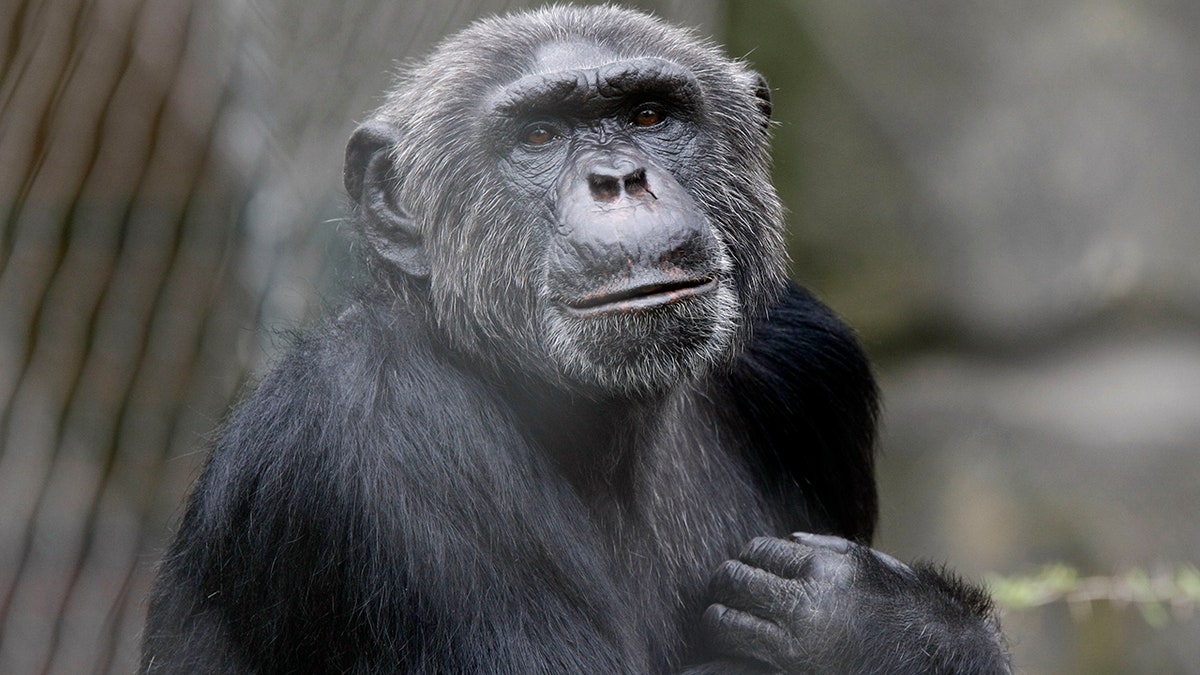
Chimpanzee nests hold less fecal and skin bacteria than human beds, a study released Tuesday said. (Reuters)
Chimpanzees keep cleaner beds than humans because, unlike their evolutionary relatives, they “make their own beds daily,” a new study released Tuesday said.
Researchers from North Carolina State University earlier hypothesized a greater number of bacteria would be present in chimp nests compared to human mattresses and sheets because of the outdoor environment – but that wasn't the case, the study found.
Researchers swabbed 41 chimpanzee nests in Tanzania and found almost none of the microbes found in human beds, such as fecal microbes, the report said.
“Our data would suggest that they're really quite good at grooming each other and cleaning off ectoparasites,” Megan Thoemmes, lead author of the paper, Told the Washington Post. The Ph.D student said that chimpanzees defecate over the sides of their nests.
A separate study by Mattress Advisor found that the average person changes their sheets once every 24 days, with pillowcases having a marginally longer unwashed period, contributing to the buildup of bacteria and allergens in bedding.
Thoemmes told the NC State News that “about 35 percent of bacteria in human beds stem from our own bodies, including fecal, oral and skin bacteria.”
The study said that humans have created sleep environments to reduce our “exposure to soil and other environmental microbes” but have instead increased the bacteria “sourced from our own bodies.”
“In some ways, our attempts to create a clean environment for ourselves may actually make our surroundings less ideal,” Thoemmes said.
